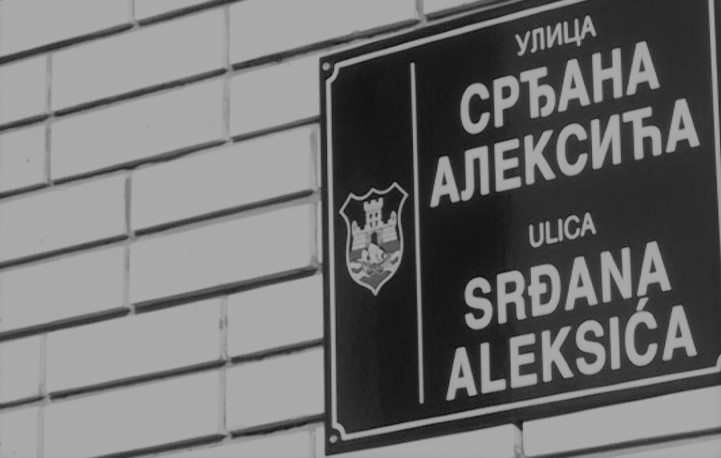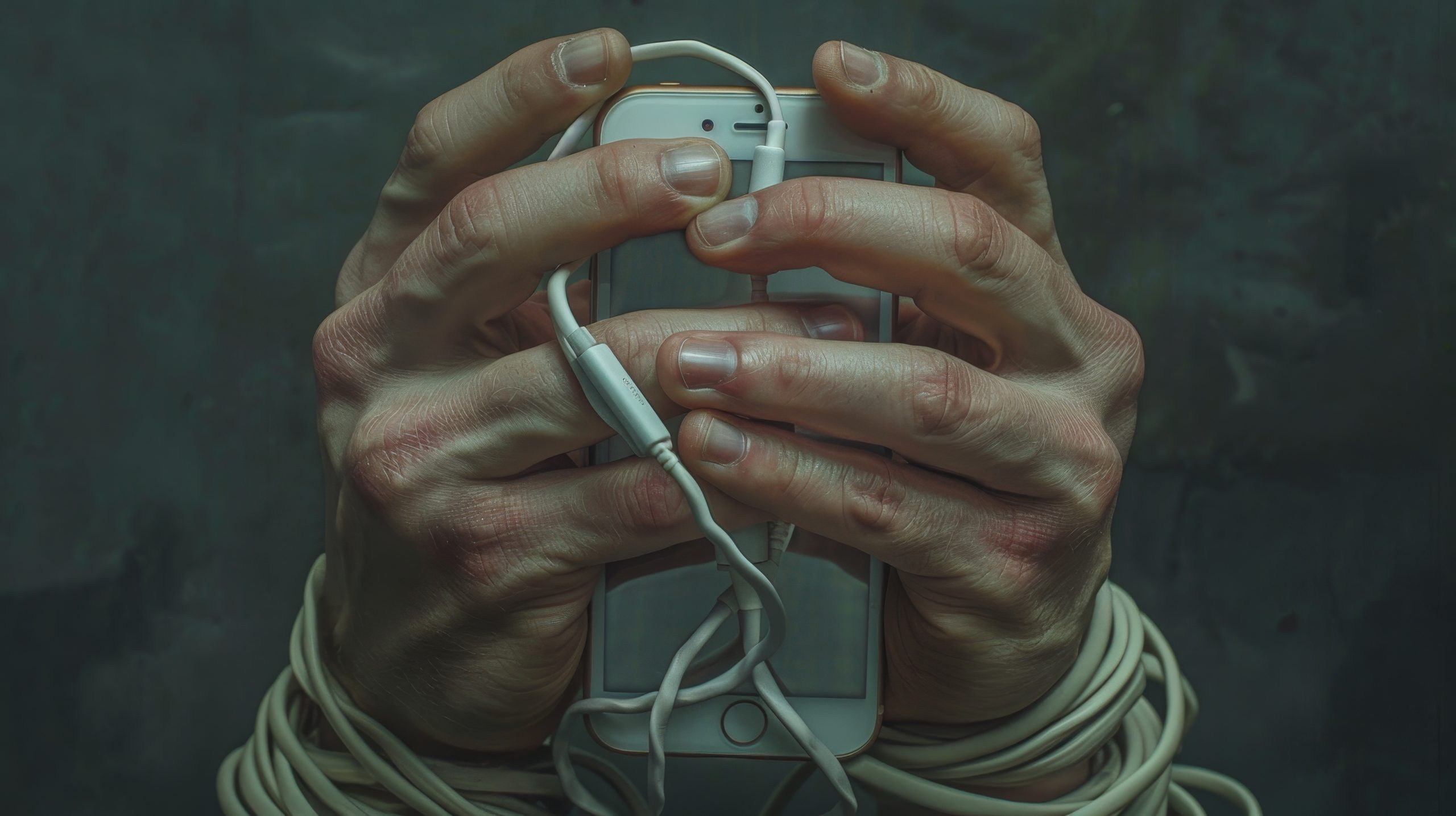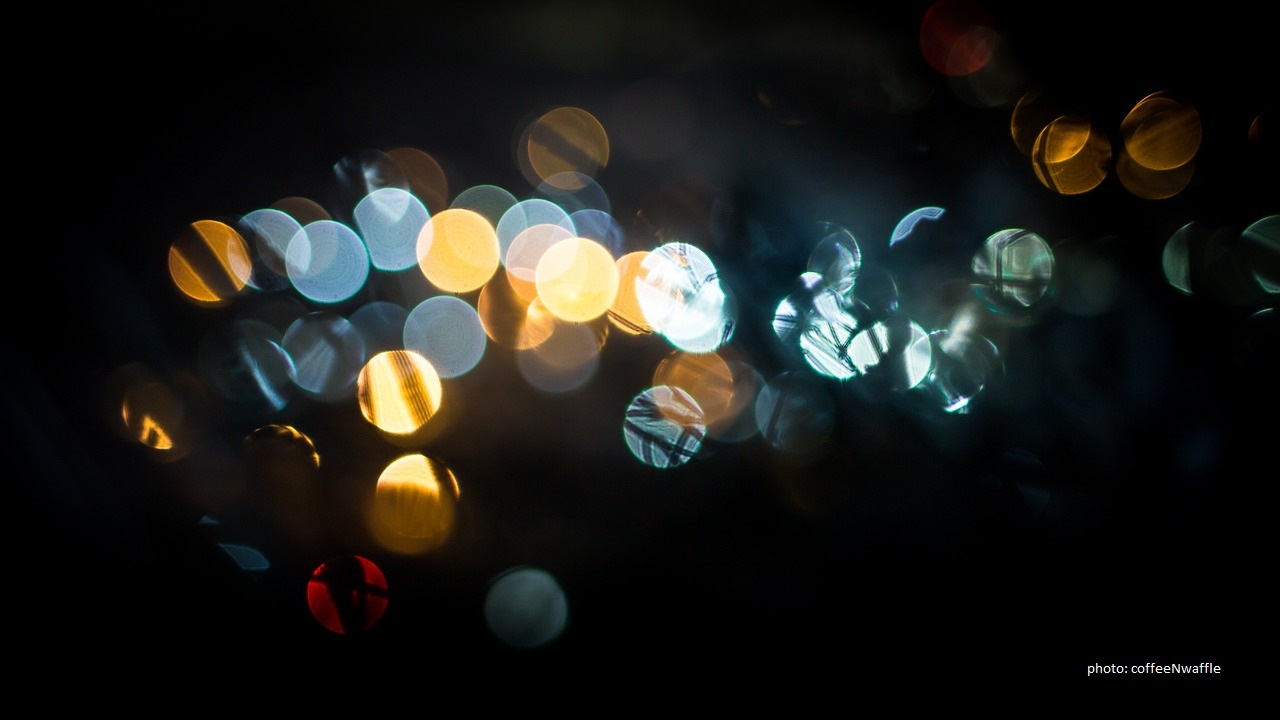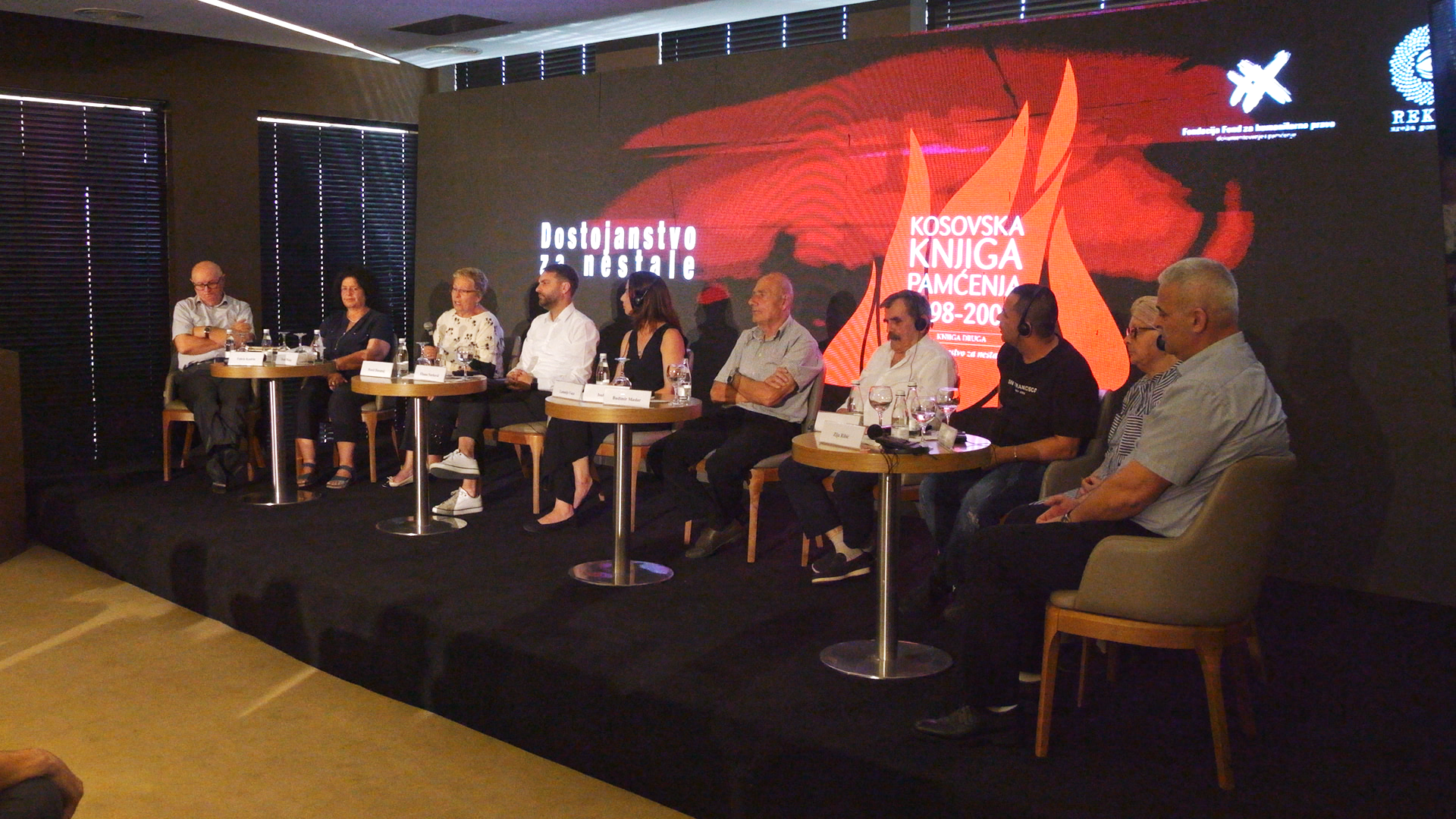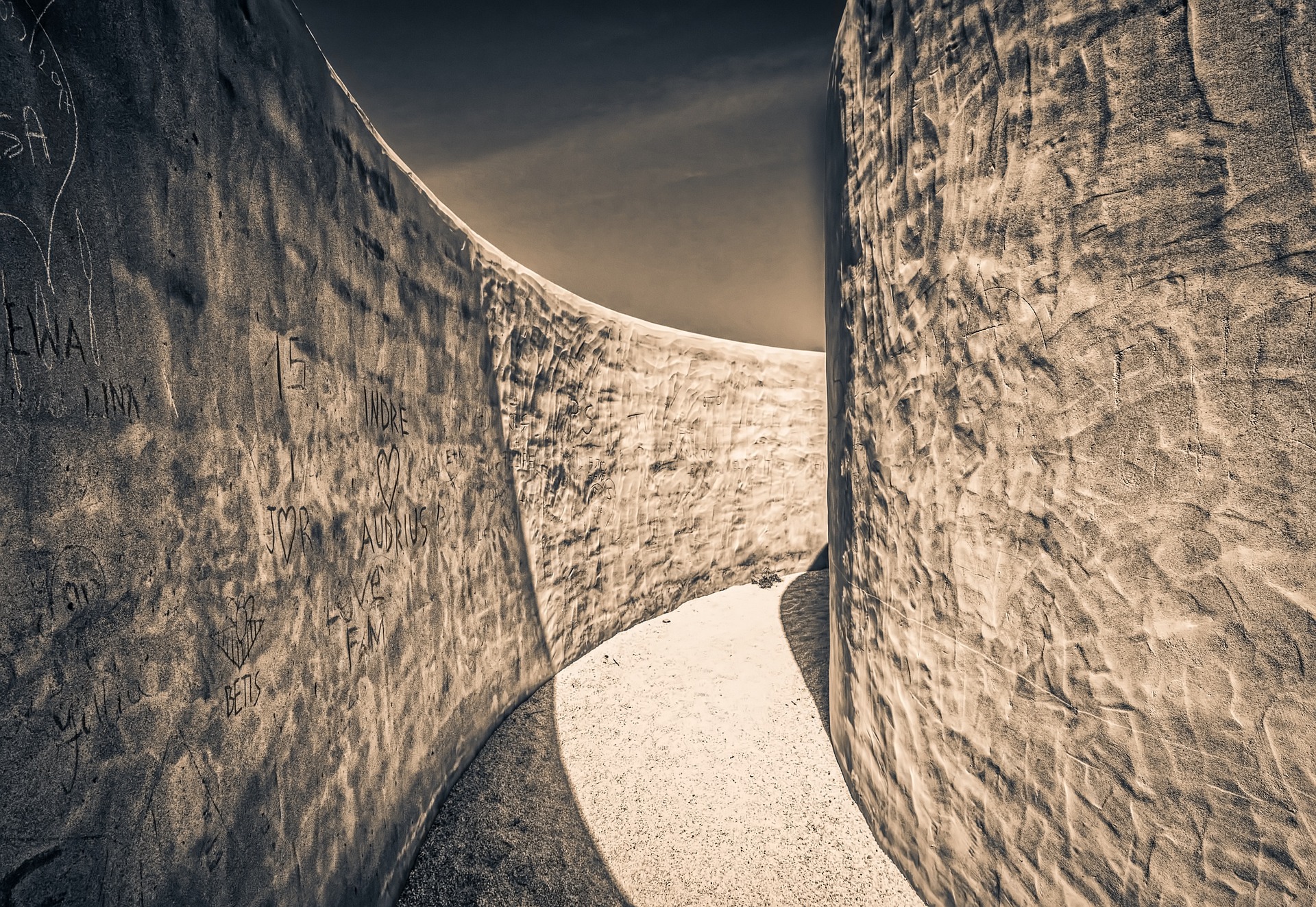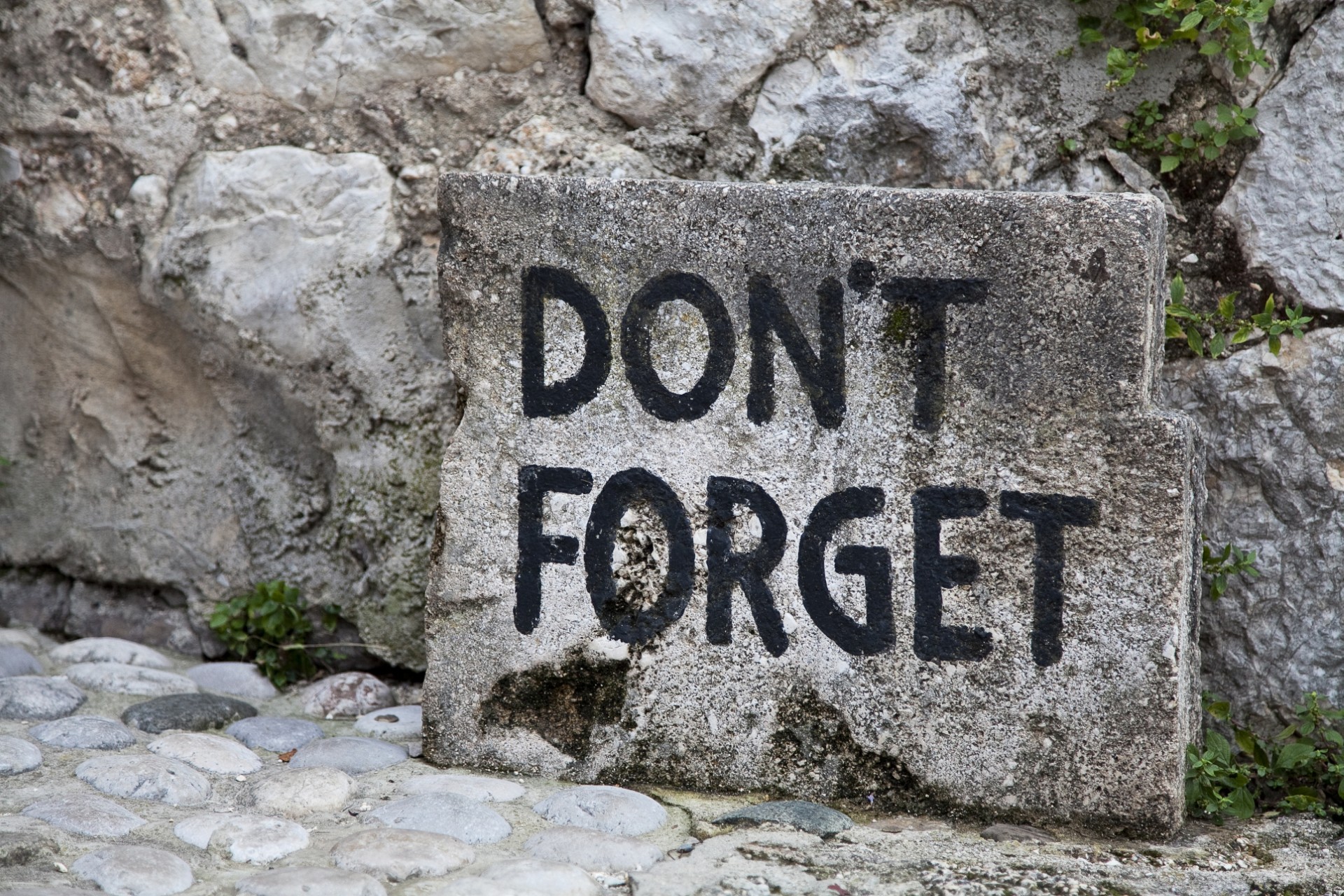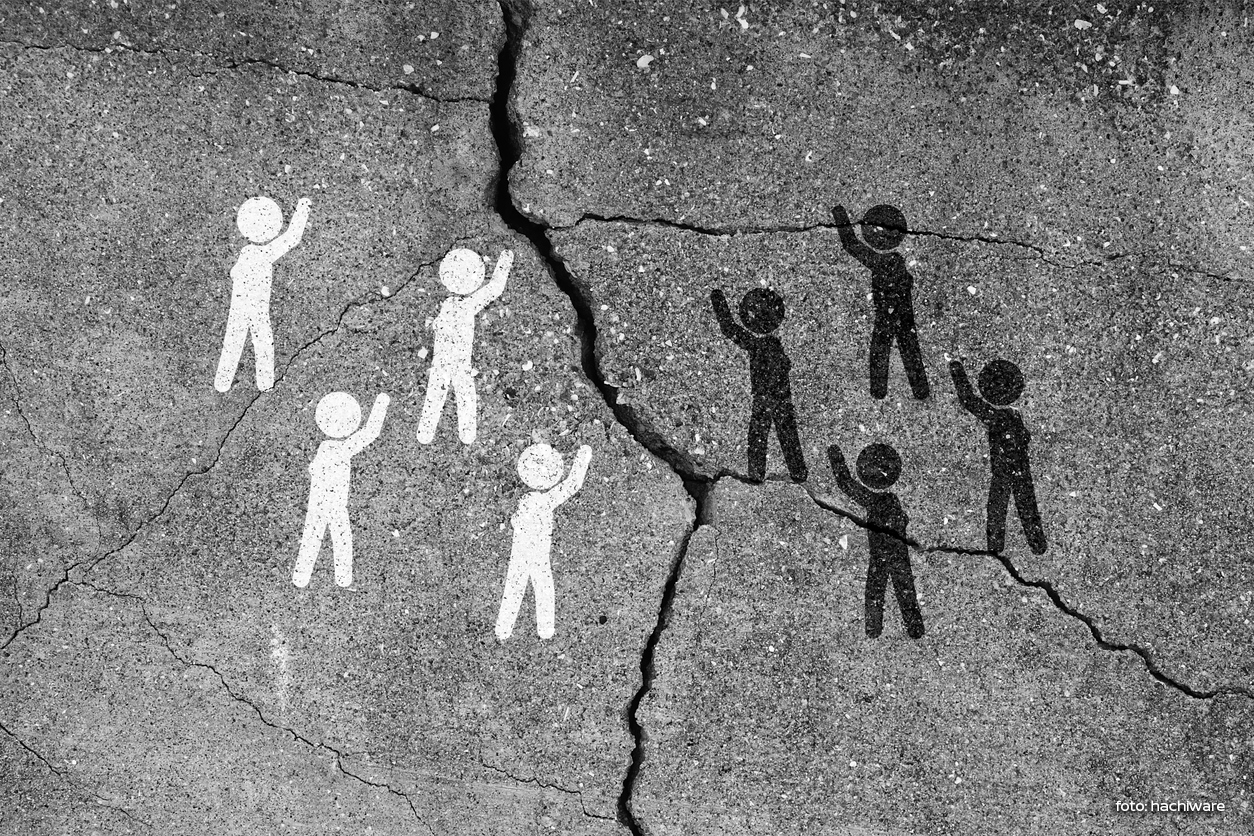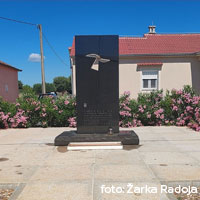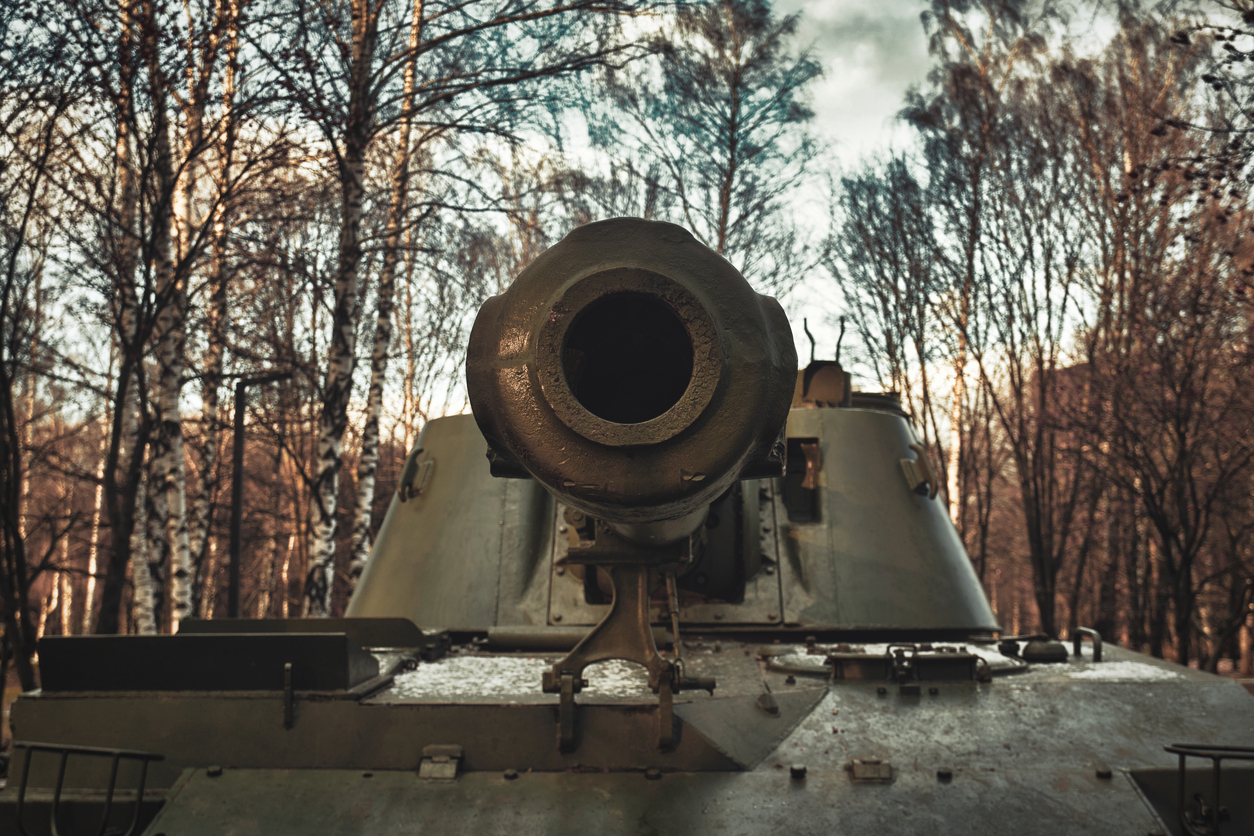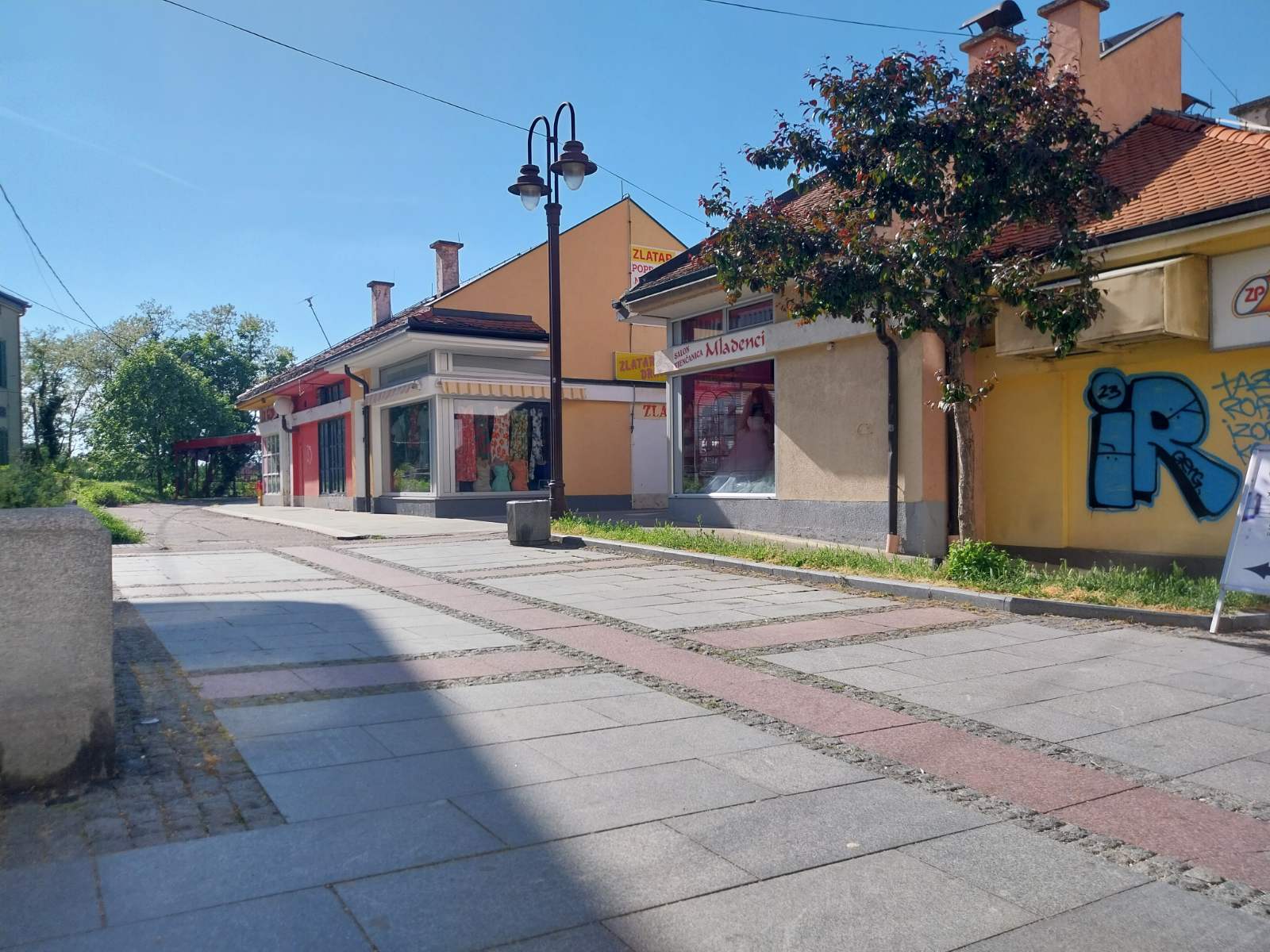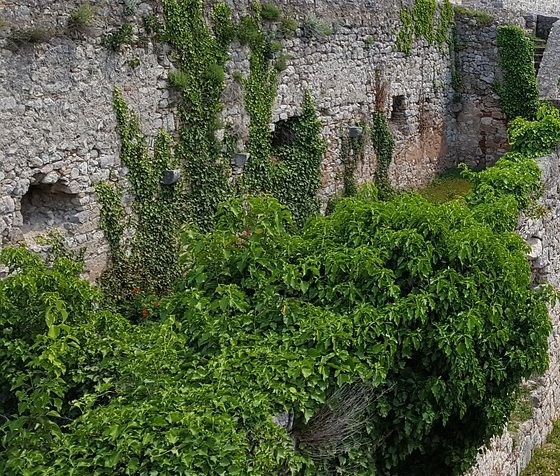Selfless heroism and self-sacrifice for the good of the other are possible in a variety of circumstances, but the act of saving someone in wartime has a special significance and further affirms the idea of humanity. In times of mass and systematic crimes, those who choose to commit such an act become the saviours of humanity. This is how Israeli social anthropologist Ron Dudai calls those who, during armed conflicts, despite the dangers they faced, decided to help someone who belonged to “the other side” and was exposed to violence and mortal danger.
The story of the saviours is primarily a reminder of their heroic act, but sometimes it can be an unpleasant reminder of the circumstances in which this humane act occurred, or it can complicate the simplistic picture of victims, perpetrators and heroes. There are reasons why those in post-conflict societies are sometimes glorified and sometimes declared traitors; depending on the historical-political moment, the story of them stands out or is systematically and deliberately put on the sidelines.
Srdjan Aleksić is one of those who protected a fellow citizen of another nationality, who was subjected to violence during the wars in the former Yugoslavia because of his ethnicity. The decision to protect Alen Glavović during the war, who was brutally beaten by members of the Republika Srpska Army in 1993 in the centre of Trebinje, Srdjan Aleksić paid with his life – he saved Glavović, but then he was beaten to death and died a few days later in a hospital in Trebinje. One of his killers died on the battlefield sometime later, and the other three were sentenced to just over two years in prison.
Nedeljko Galić, who rescued about a thousand Bosniaks from the “Heliodrom” camp in Ljubuško in 1993, was later socially excluded in his town. A film dedicated to him, broadcasted after his death in Ljubuško, sparked fierce criticism from Croatian nationalists. There was no ethnic cleansing of the non-Croatian population, they argued. Therefore, the story of someone rescuing Bosniaks from the Heliodrom camp was a simple lie to them.
A group of intellectuals recently launched a motion to nominate Amir Reko, who protected 45 Serb civilians from the then RBiH Army in the village of Bučje in 1992, for the Nobel Peace Prize. However, he remains a traitor and a liar to many in BiH. Last year, the City Council of Goražde declared him persona non grata, with the explanation that Reko in his media appearances spoke untruthfully and caused damage to members of the RBiH Army.
Such treatment of saviours in the war does not have roots in the countries of the former Yugoslavia. The practice of neglecting those who saved Jews during Nazism endured for decades after World War II. Oskar Schindler, who saved more than a thousand Jews from Nazis, became widely known only in the 1980s, when Thomas Keneally wrote a novel and then, about ten years later, Steven Spielberg made a famous movie about him.
The memory of the Frenchmen who helped fellow Jewish citizens during the German occupation of France was institutionalized only in the 1990s and partly represented compensations for the increasingly present topic of France’s responsibility for the deportation of Jews.
In the case of Srdjan Aleksić, as well as for Oskar Schindler, a film aroused the interest of a wider audience. It was the documentary film “Srđo” by Sanja Dragićević, broadcast on national television RTS in 2007. Until then, almost no one knew about Aleksić, and then he was awarded numerous honours in BiH and Serbia. The streets were named after him in Pančevo, Novi Sad, Sarajevo and Podgorica in the following years. In 2012, the former President of Serbia, Boris Tadić, awarded him the medal for courage “Miloš Obilić”, and the following year, he was awarded by Milorad Dodik, then president of the BiH entity, Republika Srpska.
However, the context in which the awards were given to Srdjan Aleksić is not irrelevant. In Serbia, the start of the 2000s was marked by the trial of Slobodan Milošević in The Hague, in 2005, TV B92 broadcast a video of Bosniaks being killed in Srebrenica, and a case was pending before the International Court of Justice in The Hague against the then state union of Serbia-Montenegro for genocide, filed by BiH. All this reduced the chances of denying any responsibility of Serbia for the wars of the 1990s, which for years was the prevailing narrative in the Serbian public.
That is why the emphasis of Aleksić’s heroism was a kind of compensation, i.e. it used to serve to some, and it still serves to implicitly deny the crimes, exactly as he himself was against.
The story of Aleksić is often published without mentioning that at the time when he defended Glavović, the persecution of the Bosniak population from Trebinje was ongoing and that 4,000 of them left this city, according to the Humanitarian Law Center data.
These circumstances do not call into question the heroism of Srdjan Aleksić, but it helps to better understand why and what those who give him credit are not saying, but still have sympathy for those responsible for the war devastation, and therefore for Aleksić’s death.
The candidate in the upcoming presidential elections in Serbia, Zdravko Ponoš, recently showed this tendency. When it comes to the past, and in order to build communion in BiH, the focus should not be on war crimes, but on beautiful stories, such as the one about Srdjan Aleksić – a Serb who saved a Bosniak, said Ponoš, while in the same television show he spoke about Ratko Mladić primarily as of “a good officer” and “a tragic personality”, and not as someone who was proven guilty of the genocide in Srebrenica.
The fact that Aleksić was beaten in the middle of the day near the police station in the centre of Trebinje imposes another unpleasant topic, those of the observers who did nothing to help first Glavović, and then Aleksić.
This may raise the question of individual or collective history of inaction, present in both wartime and peacetime. Although the conclusion that the perpetrator is anyone who does not react to evil is very superficial, the appearance of saviours can illuminate the shortcomings of self-justification of observers, who do not help someone who is in trouble in the street, do not respond to violence, war, or obvious injustice in their immediate environment.
A character in Srdan Golubović’s feature film “Circles”, faces such nuisance while watching Srdan Aleksić is beaten to death, or those who passed by photographer René Robert, who fell in a street in central Paris this winter and then died of hypothermia, after being ignored for nine hours.
It is possible that similar disturbance will be felt by those who seek to prove the justification of Russia’s aggression against Ukraine or those taking a neutral stance in connection with the war in that country, in which, according to UN data, 474 civilians were killed in eleven days. “The right of the state to remain neutral and not to interfere, even to not notice what is happening, is politically analogous to the right of an individual to be an ostrich,” wrote sociologist Stanley Cohen in his book[i] “The State of Denial”, one part of which is devoted to the “devastating effect of observation”.
Because of all that, the story of the saviours can bring benefits as much as harm to those who do not give up denying something obvious, whether it is a past state of war, or they themselves, and confront them with what they tried to hide by calling on the heroes.
[i]Stanley Cohen, The State of Denial, Belgrade, Samizdat B92, 2003, p. 240
